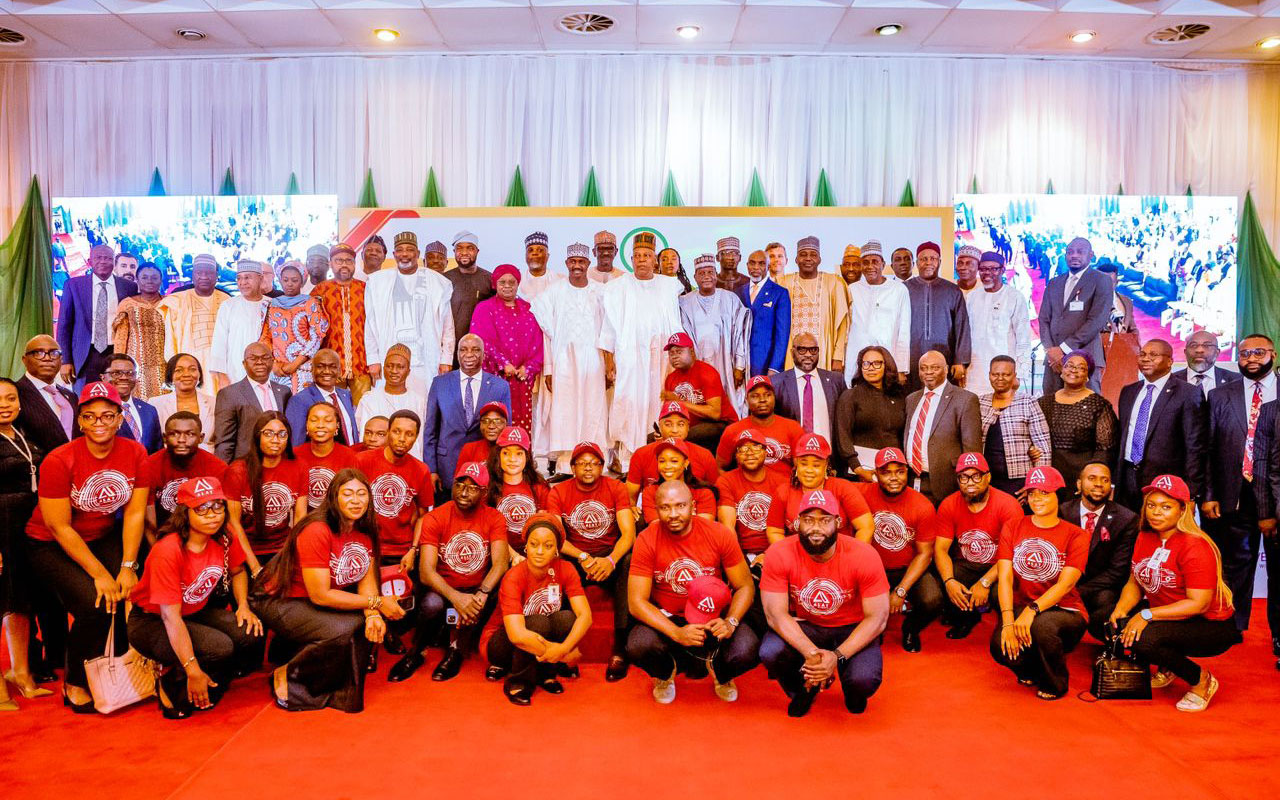The Nigerian Government has unveiled the Skillnovation programme, as a stride towards advancing Nigeria’s digital economy. This initiative is set to underpin the country’s information technology revolution, extending the reach of economic and social interactions while catalysing productivity growth.
Read also: Sama plans to train 2000 youths, women with AI skills
A Digital Transformation Vision
The Skillnovation Programme aligns with the Federal Government’s vision for a digitally empowered and economically prosperous Nigeria. At its core, this program aims to equip Micro, Small, and Medium-sized Enterprises (MSMEs) with the crucial digital skills they need to thrive, subsequently fostering job creation, economic growth, and an improved quality of life for millions of Nigerians.
To realise these objectives, the Skillnovation Programme will establish 15 state-of-the-art ICT centres strategically across Nigeria. These centres will serve as hubs for individuals and businesses alike, offering access to cutting-edge digital training, resources, and support.
The first phase of this ambitious program focuses on the states of Katsina, Anambra, Borno, Lagos, Oyo, and Kano. The second phase, in due course, will include Delta, Kaduna, Ogun, Bauchi, Kwara, and Ekiti States, ensuring widespread access to digital empowerment.
During the launch ceremony at the Banquet Hall of the Presidential Villa in Abuja, Vice President Kashim Shettima lauded the Skillnovation Programme as a transformative initiative ushering in a new era of digital empowerment for Nigerians. He emphasised President Bola Tinubu’s commitment to supporting small businesses across Nigeria, a move necessitated by the rapid changes brought about by disruptive technologies and the evolving landscape of the fourth Industrial Revolution.

Vice President Shettima articulated the initiative’s purpose, stating, “This initiative is a response to the evolution of the modern business environment, an acknowledgment that digital skills have become the cornerstone of economic ease and expansion.”
Unlocking Nigeria’s Business Potential
The Vice President highlighted the immense potential Nigeria possesses, with its burgeoning MSME sector comprising nearly 40 million entities. He noted that the Skillnovation Programme aims to unlock this vast potential by providing the necessary tools and skills for MSMEs to thrive and compete on the global stage.
He assured that the Skillnovation Programme would leave no one behind, regardless of age, gender, or disability, emphasising inclusivity as a core principle. In addition, he announced the proposed single-digit loan schemes for MSMEs, with a particular focus on youth, women, and persons with disabilities, in collaboration with the Bank of Industry and other stakeholders.
Private Sector Partnerships and Nationwide Impact
Emphasising the importance of partnership, Mr. Temitola Adekunle-Johnson, the Senior Special Assistant to the President on Job Creation and MSMEs, stressed that the challenges facing Nigerians cannot be addressed by the government alone.
Mr. Moruf Oseni, Managing Director of Wema Bank, praised the President and Vice President for their dedication to empowering young Nigerians. He announced the establishment of skills training centres across 17 states, beginning with Lagos and Borno. These centres are poised to directly impact 2 million youths and 1 million small businesses across the participating states.
Leveraging Youth Enthusiasm in Technology
Mr. Bosun Tijjani, Minister of Communications and Digital Economy, expressed confidence that President Tinubu’s administration would harness the enthusiasm of Nigerian youths in the technology sector to elevate Nigeria as a global power in the industry. He called on private sector players to collaborate closely with the government to achieve job creation objectives.
Governor Ahmad Aliyu of Sokoto State pledged the state government’s unwavering support for the success of the Skillnovation Programme.
The launch event saw the presence of key dignitaries, including the Ministers of Agriculture, Sen. Abubakar Kyari; Labour and Employment, Hon. Simon Lalong; Deputy Governors of Borno, Umar Kadafur; Kaduna, Hadiza Balarabe; Anambra, Onyeka Ibezim; Jigawa, Aminu Usman, and heads of government agencies, among others.
